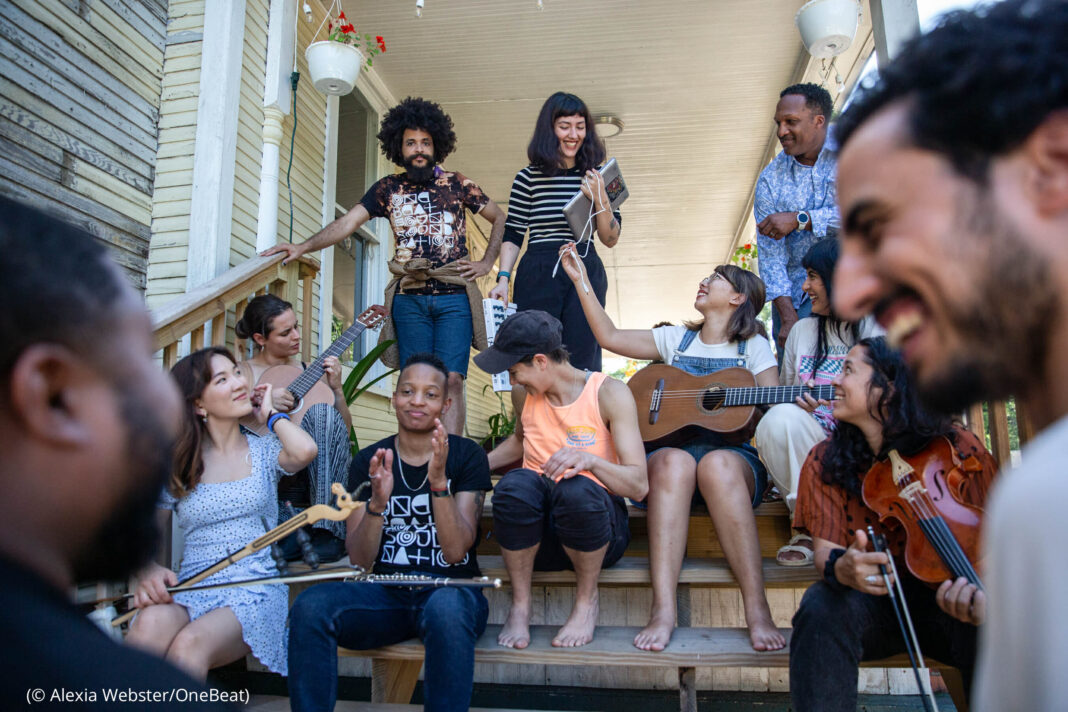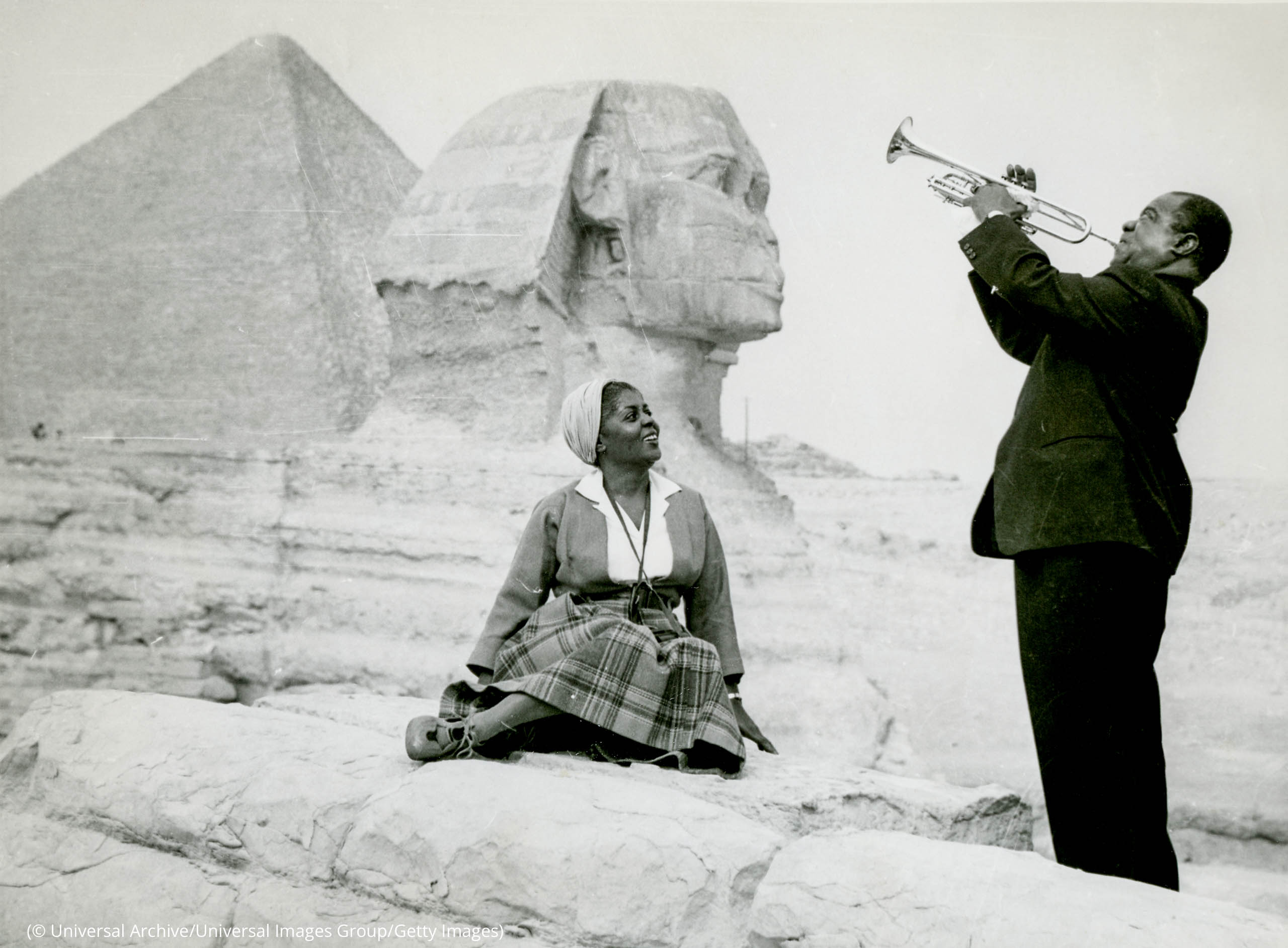
For decades, U.S. musicians have traveled the world offering beats and solos in a cultural exchange aimed at promoting better understanding between countries.
This tradition of music diplomacy dates to the mid-1950s, when the U.S. Department of State invited jazz greats such as Louis Armstrong, Duke Ellington, Dizzy Gillespie and Sarah Vaughan to play in countries where few people had seen concerts starring American musicians.
These Jazz Ambassadors traveled to Africa, Europe, the Middle East, South America and South Asia, drawing large crowds. They visited schools and collaborated with local musicians. Many played a raucous, free-flowing style of music that some say reflects the lively debate that often appears in American society and reflects its democracy.
Sharing freedom
“In jazz, you are not afraid to improvise. In jazz, you have to listen,” Nicholas Cull, public diplomacy professor at the University of Southern California told Voice of America in 2009. “Those are both profoundly central aspects of the American political system. And you could not listen to this music without experiencing those principles and sharing in that freedom.”

Or as Willis Conover, who hosted VOA’s jazz hour for 41 years, put it in the 1950s: People “love jazz because they love freedom.” In 1955, the New York Times called jazz America’s “secret sonic weapon” in the Cold War.
As times changed, U.S. music diplomacy expanded to reflect America’s diverse musical genres:
- The Department of State’s American Music Abroad program sends a new generation of musical ambassadors who play genres ranging from rock ‘n’ roll to country and from hip-hop to gospel to 30 countries each year. American Music Abroad performers and educators have visited more than 110 countries on six continents.
- Next Level, a celebration of hip-hop, sends performers and educators in dance, music and art abroad to promote understanding among young and underserved communities.
- The OneBeat exchange program brings together genre-bending musicians from around the world to make music and develop strategies for addressing shared challenges. In 2022, musicians from the U.S. and North Africa met in Algeria to record, perform and examine the Black diasporic musical traditions that shape their societies. Through OneBeat, more than 500 musicians from 68 countries have traveled to 49 cities in 13 countries, including the United States.
Building common purpose
In 2022, President Biden signed into law the bipartisan Promoting Peace, Education, and Cultural Exchange (PEACE) Through Music Diplomacy Act, which calls for music diplomacy partnerships to include the private sector and for recognition of musicians who have contributed to peace.
Secretary of State Antony Blinken, a music enthusiast and self-described amateur guitarist, says the work of American musicians “gets people to see each other’s humanity, build a sense of common purpose, change the minds of those who misunderstand us and tell the American story in a way no policy or speech ever could.”